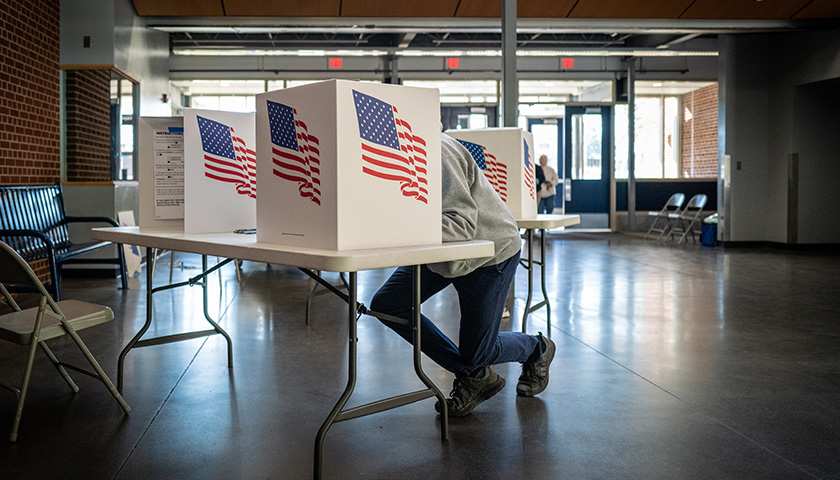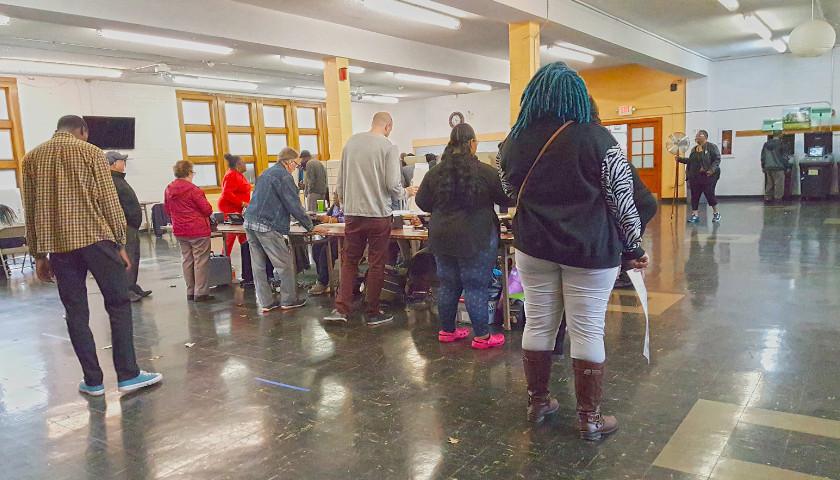Chief U.S. District Judge Mark Walker announced he would be hearing arguments next month over Florida’s most recent election integrity law, known in the Florida Legislature as SB 90. Walker rejected the state’s motion for a summary judgment and insisted on hearing the case.
The bill was passed by the Republican-controlled Legislature and signed by Florida Gov. Ron DeSantis (R). The new law adds requirements for ballot drop boxes and mail-in voting. For example, the drop boxes will have to be manned by a staff member at the supervisor of elections office, and voters will have to request mail-in ballots each election cycle every two years.
Much of the legislation was inspired by a 2012 grand jury investigation.
Florida Democrats stood opposed to the legislation, and Florida Agriculture Commissioner Nikki Fried referred to it as a new type of Jim Crow law.
Almost immediately after the signing of the bill, a number of groups filed suit against the state challenging the law, primarily civil rights groups. The Florida Conference of the NAACP, Disability Rights Florida, the League of Women Voters of Florida, and UnidosUS were among the groups to first file suit against the state.
A number of those same groups have continued the suit alleging the law is unconstitutional by violating First Amendment rights.
Walker defended his decision to hear full arguments.
“Florida contends that the registration-warning provision serves a compelling interest: ‘protecting its voters through the dissemination of truthful information so that as many voters as possible may register and vote,’” Walker wrote. “To be sure, plaintiffs vehemently contest defendants’ assertions, but that is all the more reason to address this issue once the record is fully developed.”
At the time of the bill becoming law, a representative for the NAACP called the law “suppressive” and “discriminatory.”
“S.B. 90 represents a direct and swift backlash to Black voters’ historic turnout during the 2020 election season,” said Zachery Morris, Assistant Counsel to the NAACP Legal Defense and Educational Fund. “The law’s suppressive and discriminatory provisions make it clear that the Florida Legislature’s goal is to erect additional hurdles to inhibit Florida voters, especially disabled voters, Black voters, and Latino voters, from accessing the ballot box. These efforts are shameful and they are not new. We cannot allow elected officials to suppress votes under the guise of election integrity.”
DeSantis has maintained that Florida now puts itself in the top echelon of states regarding soundness of election integrity laws.
“Right now I have what we think is the strongest election integrity measures in the country,” said DeSantis. “We’re proud of the strides that we’ve made. We’re not resting on our laurels. And me signing this bill here says, ‘Florida, your vote counts, your vote is going to be cast with integrity and transparency.’”
– – –
Grant Holcomb is a reporter at The Florida Capital Star and The Star News Network. Follow Grant on Twitter and direct message tips.
Photo “Election Day” by Phil Roeder. CC BY 2.0.





